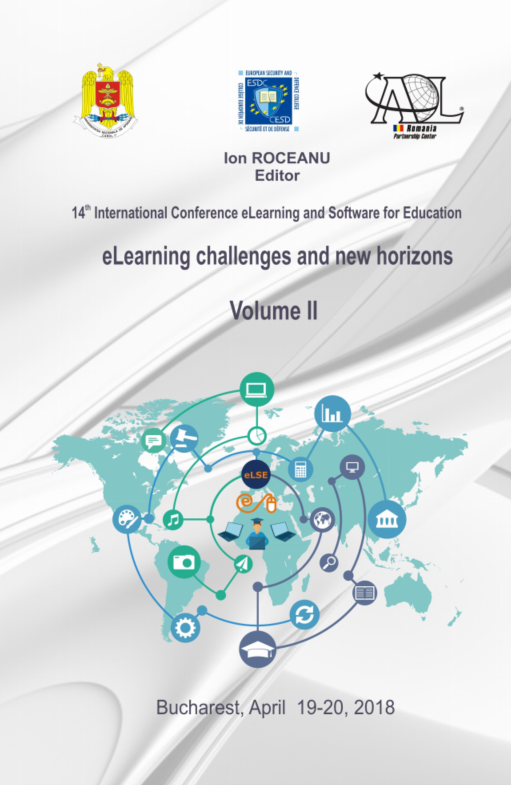A Big Data Analytics Tool for Social Learning Management Systems
A Big Data Analytics Tool for Social Learning Management Systems
Author(s): Maria-Iuliana Dascălu, Bianca TEȘILĂ, Ioan Cristian Mustaţă, Alexandru Gheorghiu, Constanţa-Nicoleta Bodea, Ioan Cosmin RaduSubject(s): Social Sciences, Education
Published by: Carol I National Defence University Publishing House
Keywords: learning analytics; clustering algorithms; big data; learning management systems;
Summary/Abstract: Recent technologies are an opportunity for creating advanced data analytics tools for various domains. There are diverse methods based on smart technologies for implementing and supporting data analytics in educational environments, e.g. descriptive methods (reports), diagnostic methods (automated analysis), predictive and prescriptive methods (recommendations, alerts). The educational data come from online surveys, biometric sources, but, mostly, from activities in learning management systems (LMS). The current paper presents a new learning analytics instrument - LeProVE - uCluster for Moodle LMS, which creates virtual profiles of the students and aggregates those profiles into clusters which are further used by teachers to optimize the teaching process. The tool is suitable for today's social and cultural values, as the students' performances (reflected in grades, completed assignments) are not analysed only based on a standard a priori settled by the teacher, but considering the colleagues' performances and social interactions as well. Thus, the teacher can use the results obtained by using LeProVE - uCluster to adjust the homework/exams difficulty to the class context and can recommend further useful resources to individual students and clusters of students. The technologies and methods which are used to implement our instrument are modern: Scala, Spark - a general engine for big data processing, Angular JS, data mining algorithms (K-Means) and Big Data Sampling algorithms. To validate the functionality of the proposed tool, we used 2167 anonymised students' profiles which were imported from a Moodle data set freely available for research purposes. Possible interpretations of data and directions to be followed by teachers to improve their teaching skills are also offered.
Journal: Conference proceedings of »eLearning and Software for Education« (eLSE)
- Issue Year: 14/2018
- Issue No: 02
- Page Range: 152-159
- Page Count: 8
- Language: English

